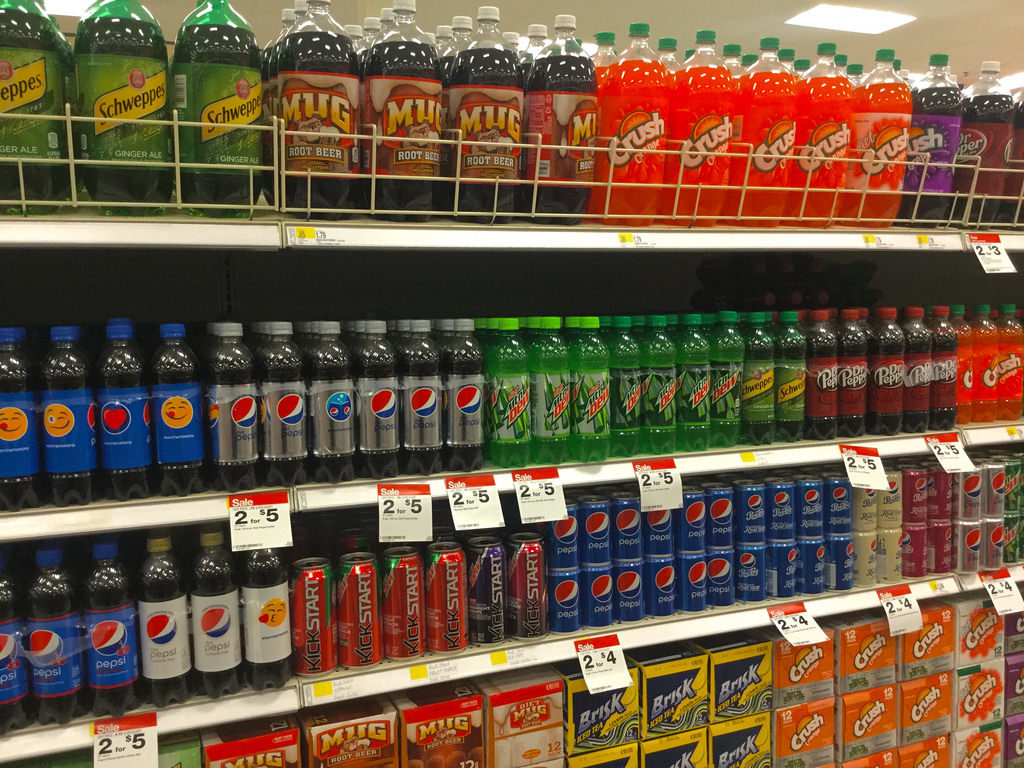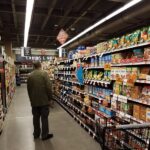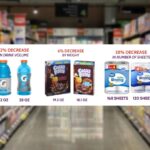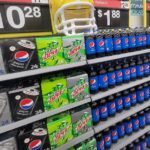If you like drinking soda, hope you don’t mind paying full price, plus extra tax! Or, to put it another way, if you like drinking soda – hope you don’t mind drinking water instead.
A group of California state lawmakers has introduced a comprehensive package of legislation aimed at reducing the consumption of sugary drinks, which includes what could become the country’s first statewide ban on coupons for soda – a perfectly legal product that retailers are permitted to sell and marketers are otherwise free to promote.
Democratic state Assemblymembers Rob Bonta, David Chiu, Richard Bloom, Buffy Wicks and Democratic state Senator Bill Monning introduced five bills on Tuesday, and discussed their motives and tactics during a followup news conference yesterday.
“We are in a public health crisis,” Bonta told reporters. “Drinking soda and other sugar-sweetened beverages like sport drinks, energy drinks and sweet teas contribute to a number of very serious health problems.”
Chiu’s bill would ban restaurants and other retailers from selling soda in cups larger than 16 ounces. Bloom’s bill would impose a sugary drink tax, of up to 2 extra cents per ounce. Wicks wants to ban soda from checkout lanes, while Monning wants to require warning labels on soda cans and bottles.
And Bonta wants to outlaw coupons.
Soda coupons, specifically. At least for now.
“Promotions such as manufacturer’s coupons are one key contributor to our public health epidemic,” Bonta said. “Specifically, Big Soda subsidizes the cost of unhealthy sugary beverages, thereby lowering the cost of sugary drinks. And often these practices result in soda actually being cheaper than bottled water.”
It seemed far-fetched when a 2014 medical journal article proposed outlawing soda coupons. But Bonta’s bill would ban precisely such marketing tools, which he called “often predatory in nature”. According to the text of the proposed legislation, the state would “restrict beverage companies from offering and funding promotional and marketing activities for sugar-sweetened beverages”, which could include everything from manufacturer’s coupons to store coupons and even in-store promotions like buy-one-get-one-free or temporary price reductions.
Several cities, including New York and Providence, Rhode Island, have implemented – and beaten back legal challenges to – coupon bans on tobacco products. Tobacco products are heavily regulated and taxed as it is, so banning coupons and other discounts aimed at circumventing price restrictions seemed a logical next step.
But what happens when lawmakers decide sugary drinks are just as bad for you as tobacco? And what about potato chips, ice cream, candy or Twinkies? Consider this question posed right here on Coupons in the News, in a 2017 article on tobacco coupons: “Could banning coupons for soda – or ensuring that soda coupons are not made available to non-soda drinkers – be next? What about banning coupons for anything that’s not considered good for you?”
As we’re now finding out – it’s a slippery slope, and we appear to be on it.
While no state has gone so far as to successfully ban soda coupons just yet, several cities have imposed heavy soda taxes that make buying a Coke cost-prohibitive for many consumers. But the jury is out on whether the measures are working. In fact, one city’s soda tax appears to be backfiring in a big way.
Philadelphia became the first major city to impose a soda tax back in 2017. At 1.5 cents per ounce, the measure means consumers are paying $1.01 in tax alone on a 2-liter, and $2.16 in tax on a 12-pack of cans – in addition to the regular selling price and regular sales tax. That easily boosts the regular price of soda by 50% or more. And if a 2-liter happens to be on sale for, say, 99 cents – you’ll end up paying more than 100% of the selling price in additional taxes.
So have Philadelphians cut back on their soda consumption accordingly? Not really – they’re just crossing the city line to buy their soda in the suburbs, like it’s some kind of contraband.
The owner of a ShopRite store in West Philadelphia says business has gotten so bad, he’s closing down next month. Neighborhood shoppers, he says, aren’t just buying their soda in the suburbs – the soda tax has driven them to do all of their grocery shopping outside the city.
“Soda only makes up about 50% of the products impacted by this tax,” owner Jeff Brown said. “The balance includes coffee creamers, milk alternatives, sports drinks, juice drinks, diet beverages and more. If we stop calling it a ‘soda tax’ we might start acknowledging the far-reaching impact this beverage tax has had on City businesses and why consumers are taking their grocery shopping outside of Philadelphia.”
Further complicating matters in the City of Pricey Pepsi Brotherly Love is the recent federal indictment of a local labor boss who championed the soda tax. Prosecutors say he pressured lawmakers to pass the tax in an effort to retaliate against a rival union and cost them jobs in the city.
And the notion that the soda tax was not so much an effort to reduce soda consumption or raise revenue as it was a political hit job, is not going over well in Philly.
So the California lawmakers proposing even broader anti-soda measures might want to tread carefully as they navigate their way down that slippery slope. Coupons for soda aren’t exactly commonplace as it is, but most couponers are unlikely to be happy about legislators outlawing coupons for an entire category of products – especially if it turns out soda is only the beginning.
But look on the bright side. For those who complain that there are never enough coupons for healthy products – once all the coupons for unhealthy products are banned, then coupons for foods that are good for you may well be the only ones that are left.
















